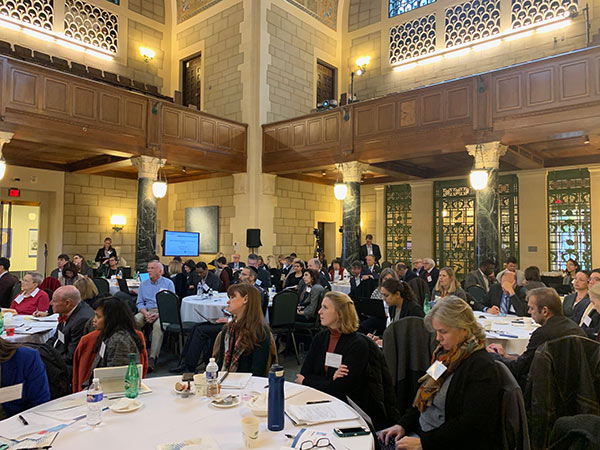Responsible sharing of clinical trial data is widely recognized as serving the public interest. Data sharing helps maximize the contributions to scientific knowledge made by clinical trial participants – benefiting patients today and in the future. Clinical trial data sharing can enable reproducibility of research findings, analyses for other areas of study; and exploratory work to generate new research hypotheses. While progress has been made in the endeavor of improving clinical trial data sharing, challenges still remain.
On November 18 and 19, 2019, the National Academies of Sciences, Engineering, and Medicine hosted a public workshop, in Washington, DC, titled “Sharing Clinical Trial Data: Challenges and a Way Forward.” The workshop followed the release of the 2015 Institute of Medicine (IOM) consensus study, Sharing Clinical Trial Data: Maximizing Benefits, Minimizing Risk, and was designed to examine the current state of clinical trial data sharing and reuse since the report release. The workshop considered ways in which policy, technology, incentives, and governance could be leveraged to overcome remaining barriers and further facilitate data sharing.


Co-sponsored by the Wellcome Trust, the workshop was jointly convened by the National Academies Forum on Drug Discovery, Development, and Translation; the Forum on Neuroscience and Nervous System Disorders; the National Cancer Policy Forum; and the Roundtable on Genomics and Precision Health.
SHARE